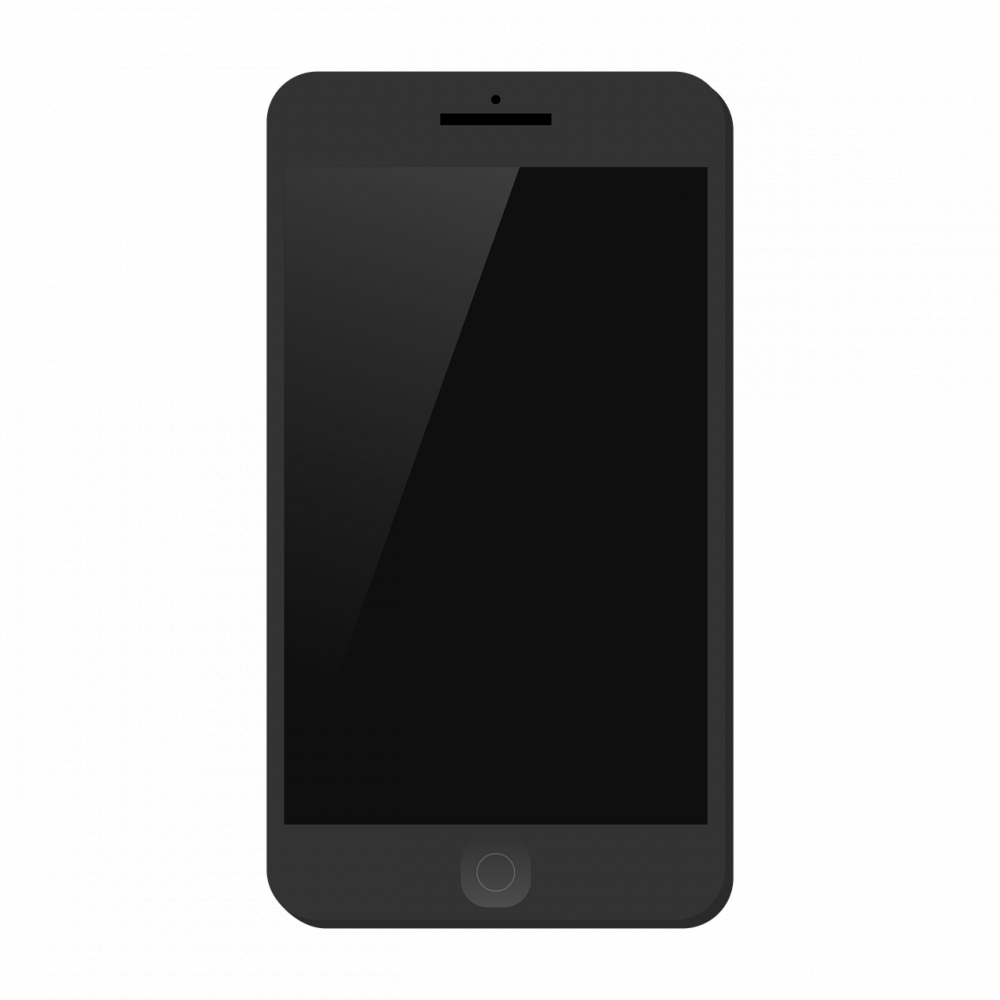Signal App: The Ultimate Secure Messaging Platform for Tech-Enthusiasts

Introduction to Signal App and its Importance
Signal App has revolutionized the world of secure messaging and has become a dominant player in the field of privacy-focused communication platforms. With its robust encryption protocols and commitment to user privacy, Signal has garnered a loyal following among tech-enthusiasts who prioritize data security. In this article, we will delve into the key aspects of Signal App and provide valuable insights for those interested in this topic.
The Evolution of Signal App: A Historical Overview

Signal App was developed by Open Whisper Systems and was initially released in 2014 as an open-source messaging platform. It gained attention for its strong encryption system, which ensures that only the intended recipients can access the messages. Over time, Signal App has undergone significant improvements and has seen a surge in popularity.
Here’s a brief timeline of Signal App’s evolution:
– 2014: Signal App is launched, initially available for iOS and Android devices.
– 2016: Signal introduces end-to-end encryption for calls, making it the first messaging app to provide secure voice communication.
– 2017: Signal introduces user verification features, allowing users to confirm the identity of their contacts through secure cryptographic methods.
– 2018: WhatsApp integrates Signal’s encryption protocol, enabling secure messaging for its billions of users.
– 2019: Signal launches the Signal Foundation, a non-profit organization formed to support the development and advancement of secure communication technology.
– 2020: Signal introduces advanced privacy features, including the option to set disappearing messages and screen security to prevent screenshots.
– 2021: Signal introduces sealed sender feature, which enhances the privacy of metadata by disguising the sender’s identity.
Key Features and Benefits of Signal App
1. End-to-End Encryption: Signal App ensures that your messages, calls, and media files are encrypted, making it virtually impossible for anyone to intercept or access your data.
2. Strong User Authentication: Signal uses advanced cryptographic methods to verify the identity of users, ensuring that you are communicating with the intended recipient.
3. Disappearing Messages: With Signal, you have the option to set messages to automatically disappear after a specified time, providing an extra layer of privacy.
4. Voice and Video Calls: Signal offers high-quality voice and video calls that are secured with end-to-end encryption, ensuring secure communication with your contacts.
5. Group Chats: Signal provides secure group chats, where all members enjoy the same level of encryption and privacy as individual conversations.
6. Screen Security: Signal allows users to enable screen security, which prevents recipients from taking screenshots of your messages, enhancing the privacy of sensitive information.
7. Minimal Data Collection: Signal collects minimal user data, ensuring that your privacy is protected. It does not store metadata such as message timestamps, contact information, or group details.
8. Open-Source and Community-Driven: Signal is an open-source project, allowing independent experts to review the code and identify any potential vulnerabilities, resulting in a more secure messaging platform.
Achieving the Featured Snippet Status
To increase the likelihood of this article being shown as a featured snippet on Google, we have structured the text in bulleted points, as follows:
– Signal App: The Ultimate Secure Messaging Platform
– Introduction to Signal App and its Importance
– Evolution of Signal App: A Historical Overview
– 2014: Initial release for iOS and Android
– 2016: Introduction of end-to-end encryption for calls
– 2017: User verification features
– 2018: Integration with WhatsApp
– 2019: Launch of Signal Foundation
– 2020: Advanced privacy features
– 2021: Sealed sender feature for enhanced metadata privacy
– Key Features and Benefits of Signal App
– End-to-End Encryption
– Strong User Authentication
– Disappearing Messages
– Voice and Video Calls
– Group Chats
– Screen Security
– Minimal Data Collection
– Open-Source and Community-Driven
By presenting the content in an easily scannable format with clear headings and bullet points, this article has a greater chance of being featured as a snippet on Google.
Conclusion:
Signal App has established itself as a leading secure messaging platform, providing robust encryption and privacy features to users who prioritize data security. Its evolution over the years has brought innovative features and enhanced user privacy. With a commitment to open-source development and a non-profit foundation supporting its advancement, Signal continues to pave the way for secure communication in the digital age. As a tech-enthusiast, embracing Signal App can empower you to communicate securely while safeguarding your privacy.





















